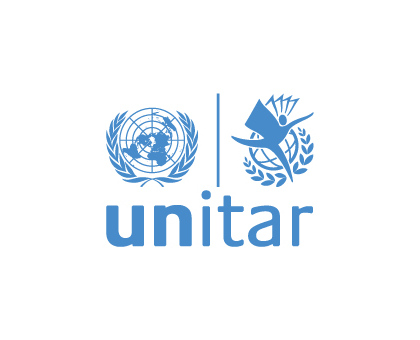
CIFAL Málaga-EMERITUS Consortium Meeting
The identification of waste and other environmental crimes poses several challenges for LEAs/BGs and other involved practitioners (e.g. environmental agencies, government agencies, the police, and tax authorities). In addition, the criminal prosecution process can be resource-intensive (and there is a high standard of proof required to get a conviction). New technologies such as satellites, drones, and deep learning/AI (and data merger with other datasets) are capable of providing synoptic high-content data coverage of large areas of land or water, regularly and irrespective of inaccessibility or hazard. These can offer potential powerful solutions to the above issues surrounding the identification of environmental crime. The ambition of EMERITUS is to explore and demonstrate how these technologies, integrated in a single-entry point and scalable by-design platform, could improve the efficiency of environmental crime detection, intelligent risk profiling to reflect resources, reduce the risk for operators, and provide a deterrent for offending.
Another important highlight of the event was the third EMERITUS consortium meeting held on 27th June. This meeting provided a platform for all project partners to assess the progress of EMERITUS, plan activities for the next months and identify challenges to ensure the successful completion of the project.
Online meeting following the agenda topics. From 9h00 to 13h00.
The Consortium Meeting saw the involvement of 45 participants engaged in the reviewing of both theoretical and practical aspects.
Project Consortium

